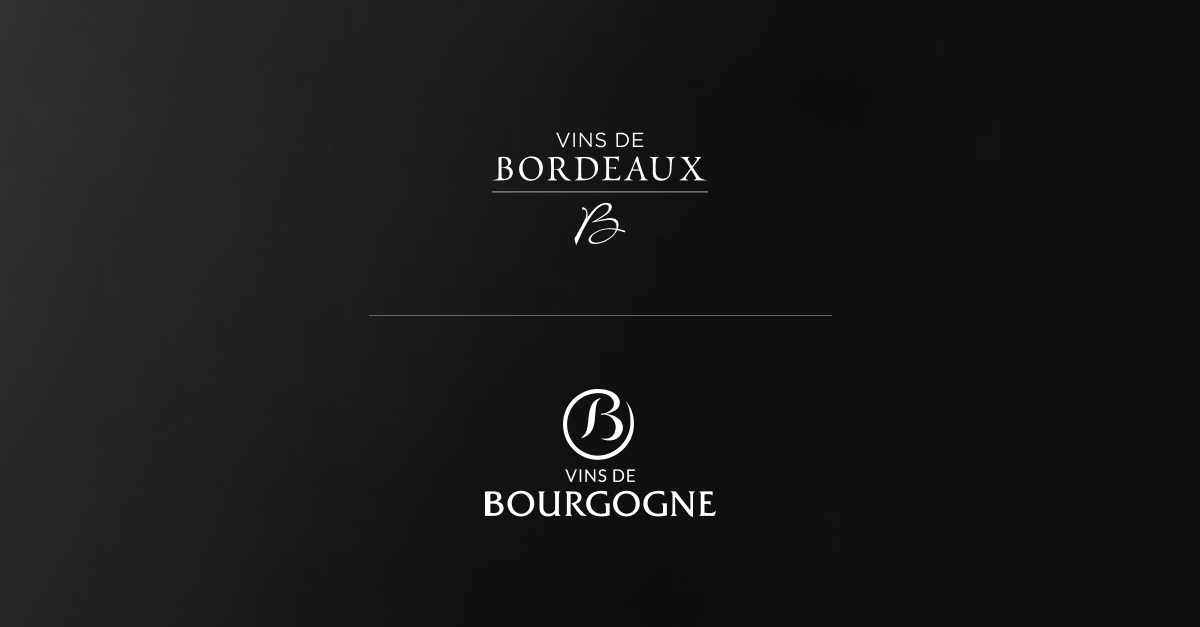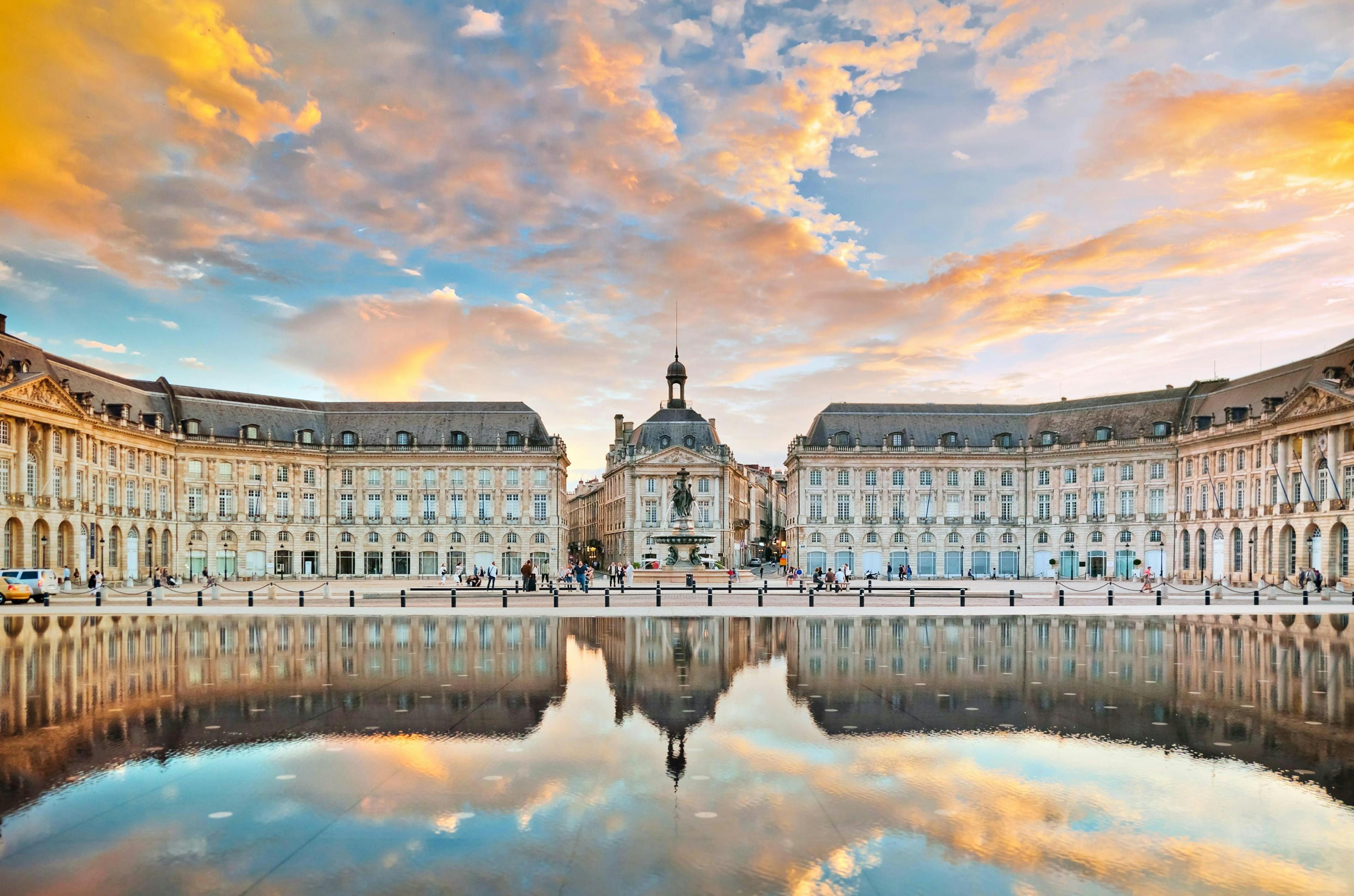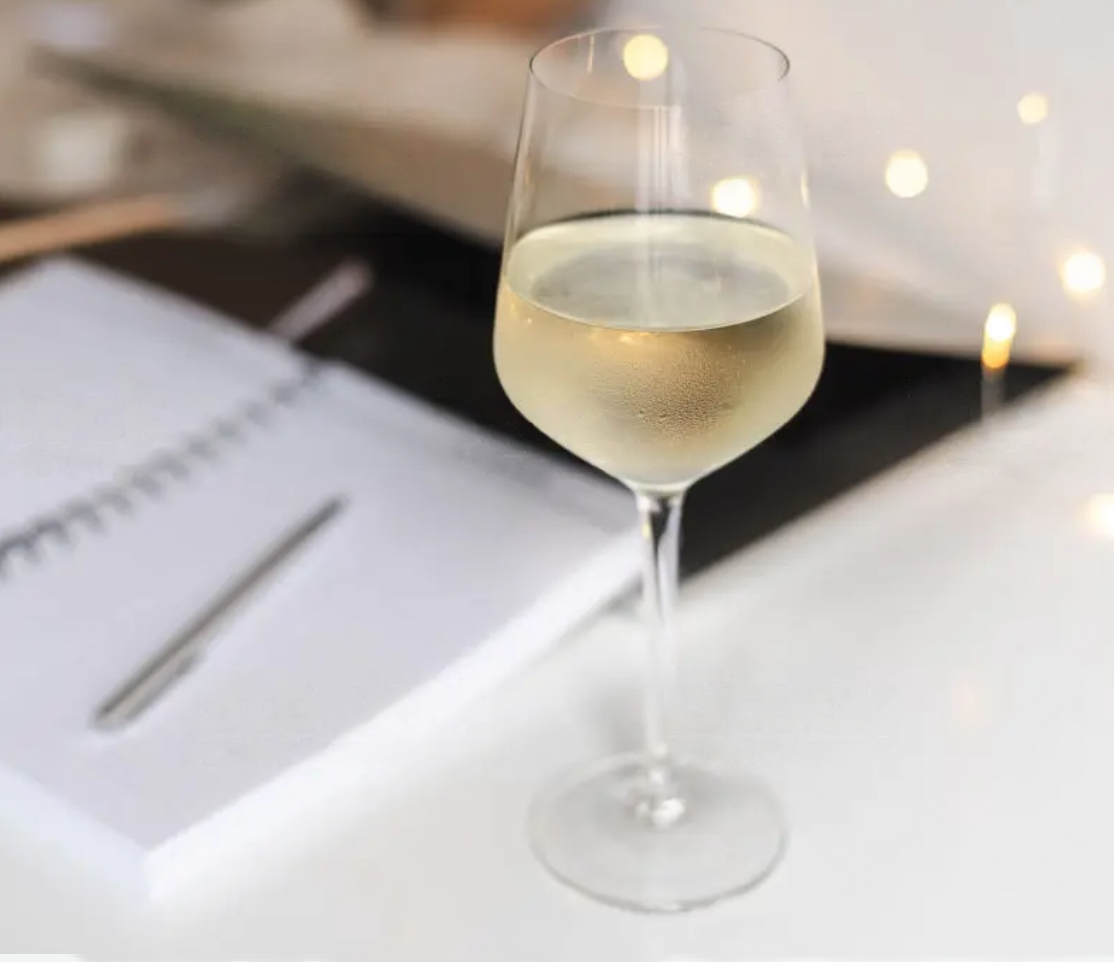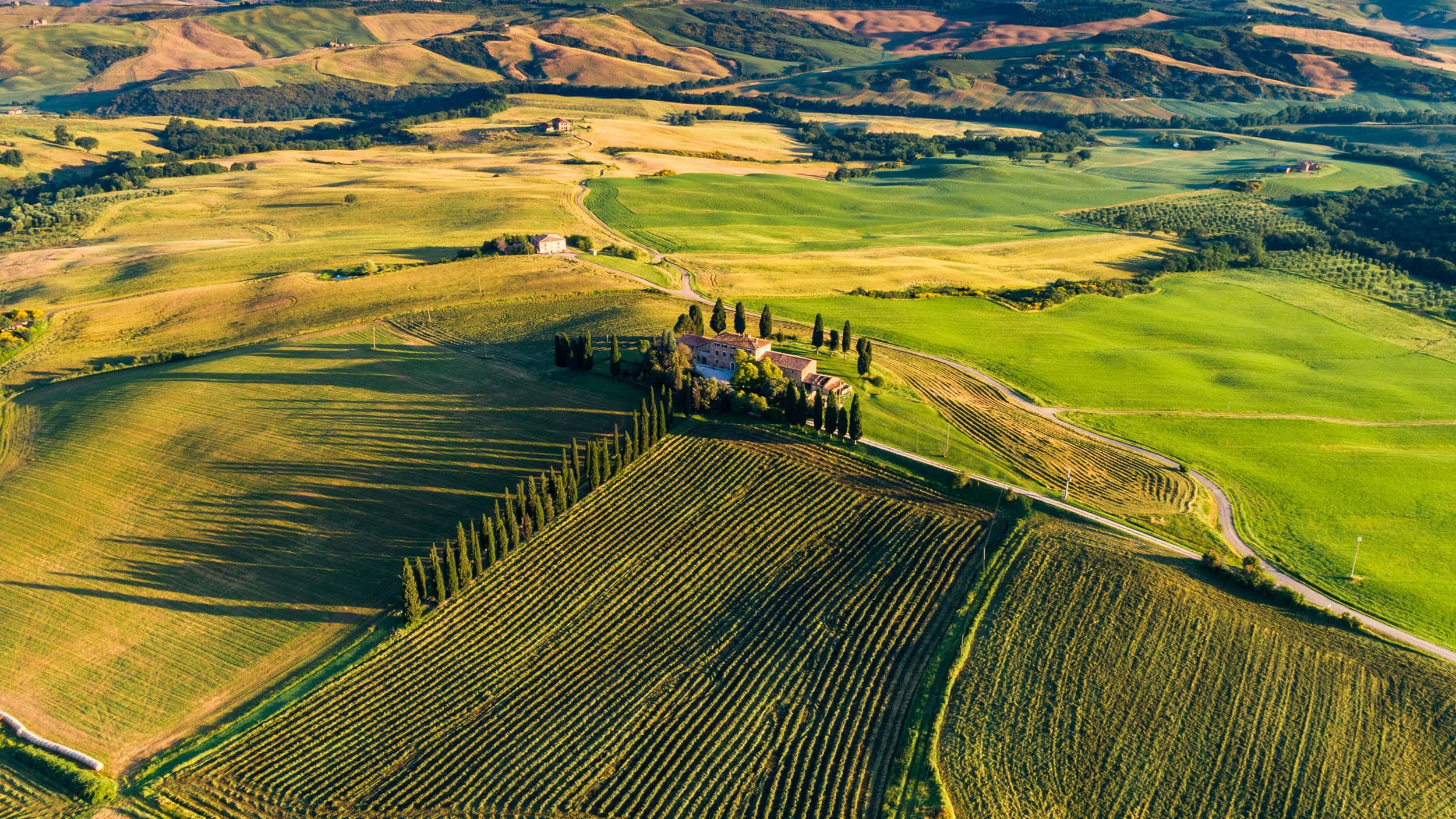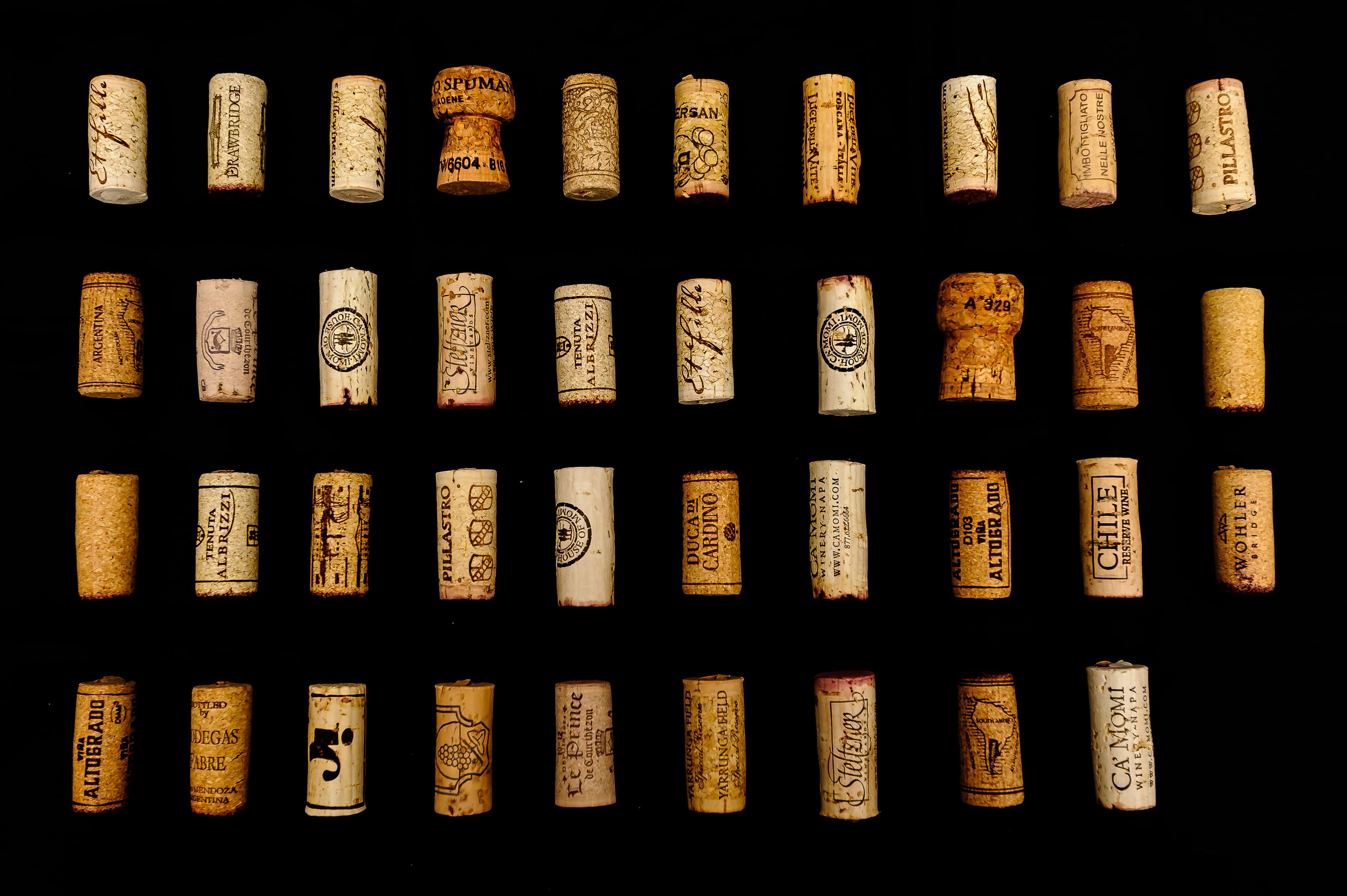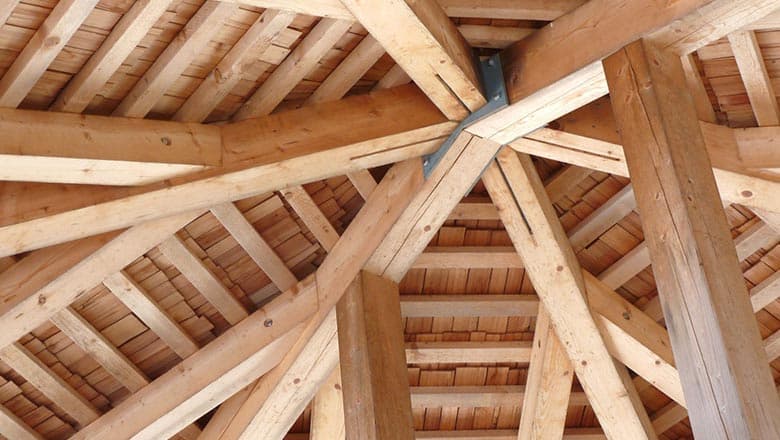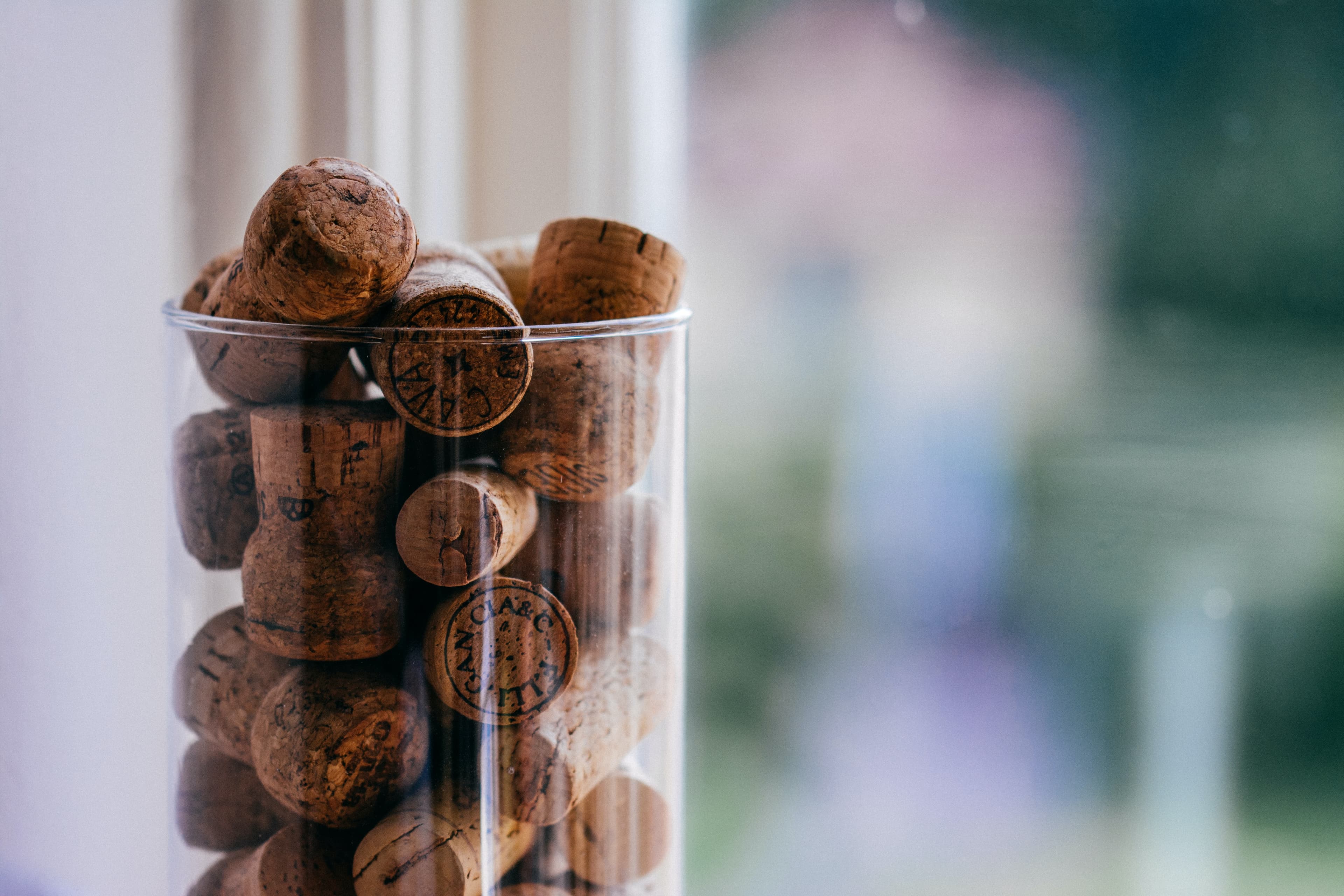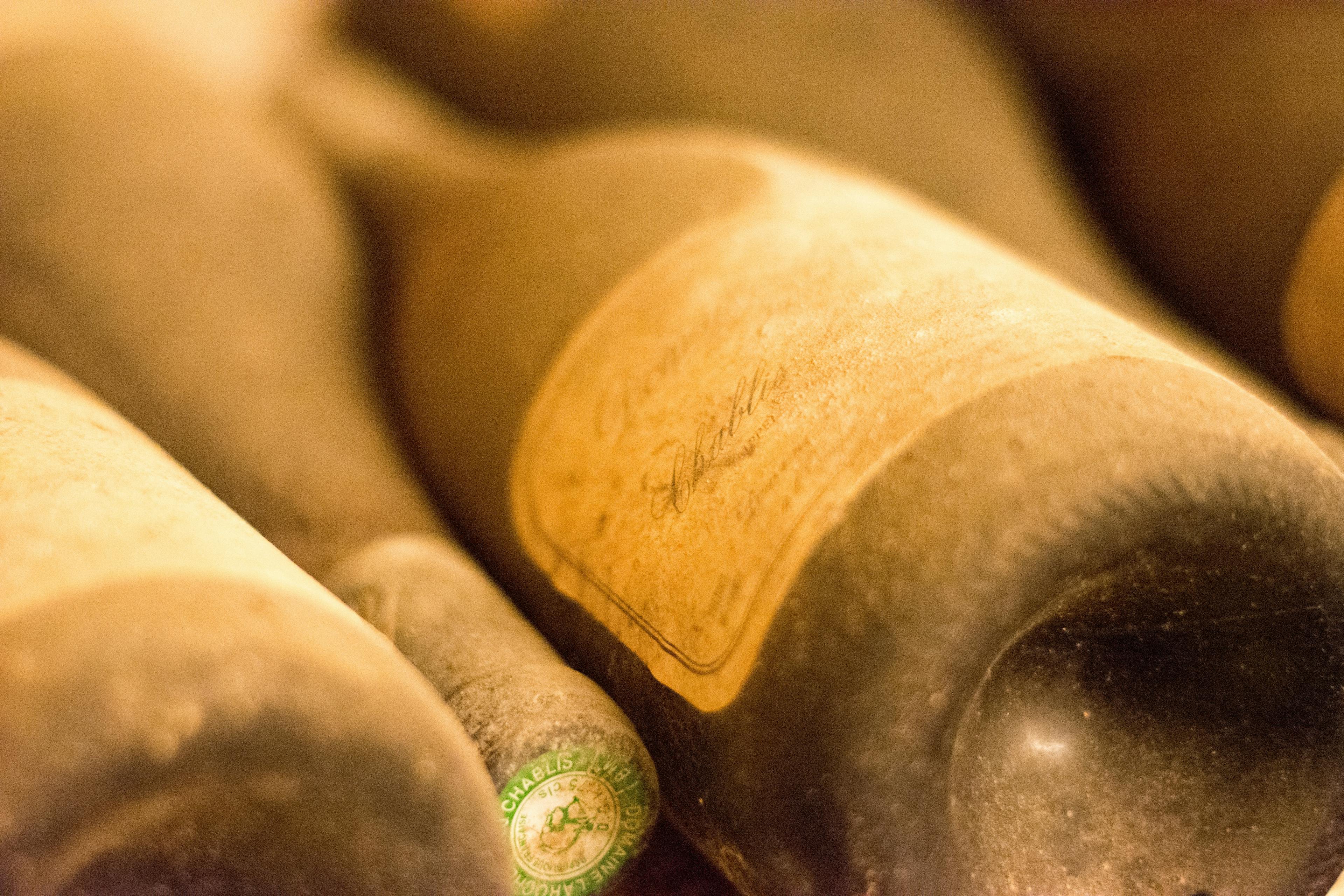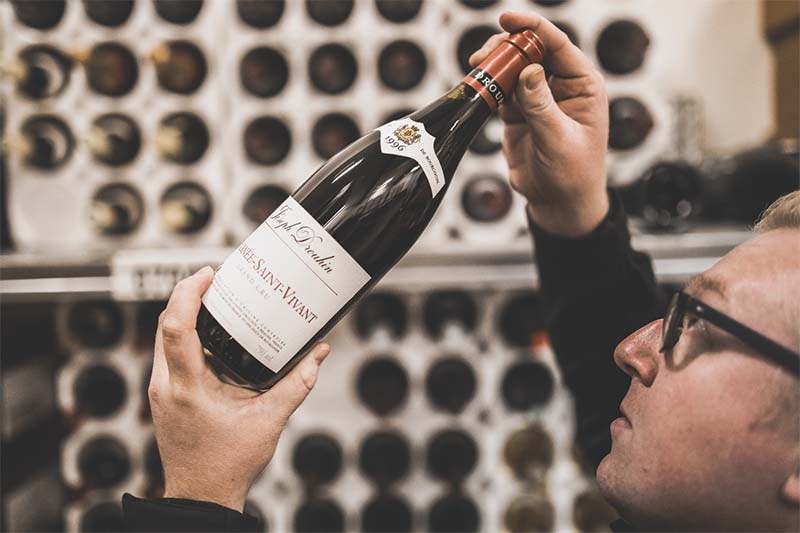
Storing fine wines like Chateau Margaux requires specific conditions to maintain their exquisite quality and flavor. This article will guide you through the essential steps to ensure that your Chateau Margaux is stored under optimal conditions, protecting it from environmental factors that can degrade its quality. From temperature control to proper positioning, we'll cover all the crucial aspects that contribute to preserving the integrity and enhancing the aging process of this prestigious wine. Whether you're a novice collector or a seasoned connoisseur, these tips will help you safeguard your investment and enjoy your wine at its best.
Ideal Storage Conditions: Temperature and Humidity
Storing Chateau Margaux under the right conditions is crucial to preserve its quality and enhance its taste. The ideal temperature for storage is consistently between 12°C and 14°C (53°F to 57°F). Fluctuations in temperature can cause the wine to expand and contract, potentially damaging the cork and allowing air to enter the bottle, which can lead to oxidation.
Humidity also plays a significant role in maintaining the integrity of Chateau Margaux. The optimal humidity level for wine storage is between 60% and 70%. This range helps keep the cork from drying out and minimizes the risk of it shrinking. A dry cork can lead to seepage and spoilage because it allows air to enter the bottle.
Here are a few additional tips for storing your Chateau Margaux:
Store bottles horizontally to keep the cork moist, which prevents it from drying out.
Avoid direct sunlight and keep the wine in a dark place to prevent light from degrading its quality.
Ensure the storage area is free from vibrations, as constant movement can disturb the sediment in the bottle, affecting the wine’s stability and clarity.
Orientation of the Bottle: Horizontal vs. Vertical Storage
When storing Chateau Margaux, or any fine wine, the orientation of the bottle plays a crucial role in maintaining its quality and longevity. The primary options are horizontal and vertical storage, each affecting the wine differently.
Horizontal Storage: This is the most recommended method for long-term storage of wine. Storing bottles horizontally keeps the liquid against the cork, which is essential for preventing the cork from drying out. If the cork dries out, it can shrink, allowing air to enter the bottle and potentially spoil the wine. Horizontal storage also makes efficient use of space and allows for easy organization of a large collection.
Vertical Storage: While vertical storage might be suitable for short-term solutions or for wines that are consumed quickly, it is not ideal for aging wine. In this position, the cork can dry out since it is not in contact with the wine, leading to the same issues of potential oxidation and spoilage as mentioned above.
Understanding the craftsmanship behind Chateau Margaux not only enhances appreciation for the wine but also underscores the importance of proper storage practices to preserve its exquisite qualities.
Light Exposure: Protecting Chateau Margaux from UV Rays
When storing Chateau Margaux, one of the most crucial factors to consider is the protection against light exposure, particularly UV rays. UV rays can prematurely age wine, leading to degradation of aromas and flavors. Here are some effective strategies to shield your Chateau Margaux from harmful light:
Use UV-protected storage: Invest in wine storage solutions that come with UV-protected glass doors. These specially designed storage units can significantly reduce the amount of UV light that reaches the bottles, thus preserving the wine’s integrity.
Store in a dark room: If a UV-protected storage unit is not available, opt for storing your wine in a dark room where direct light exposure is minimal. Basements or cellars without windows are ideal for this purpose.
Cover the bottles: For added protection, consider covering the wine bottles with a cloth or storing them in boxes. This can be particularly useful if your storage area occasionally receives light.
Orientation of the bottle: Always store wine bottles horizontally. This position keeps the cork moist, ensuring a tight seal and further protecting the wine from external influences, including light.
Understanding the history of Chateau Margaux can also provide insights into traditional storage methods that have preserved this exquisite wine through the ages.
Vibration and Its Effects on Wine Storage
Vibration is often overlooked when considering wine storage conditions, yet it plays a crucial role in maintaining the quality of fine wines like Chateau Margaux. Frequent vibrations, whether from nearby roads, heavy foot traffic, or even the low hum of household appliances, can disturb the sediment in wine. This disturbance can lead to premature aging and degradation of the wine’s structure and flavor.
When storing Chateau Margaux, it's essential to minimize exposure to vibrations:
Choose a Stable Location: Opt for a part of your home that is free from regular movement and away from appliances that generate vibrations, such as washing machines or HVAC units.
Use Anti-Vibration Racks: Invest in specially designed wine racks that absorb vibrations. These racks help stabilize the wine bottles, ensuring the sediment remains settled.
Avoid Frequent Re-arranging: Each movement of the bottle can stir sediments, potentially altering the taste and texture of the wine. Set your bottles in a location where they can remain undisturbed for long periods.
Understanding how to serve Chateau Margaux not only involves the right temperature and glassware but also ensuring that the wine has been stored in conditions that preserve its delicate balance.
Long-Term Storage Tips for Chateau Margaux
When considering long-term storage for Chateau Margaux, maintaining the integrity of the wine is paramount. Proper storage conditions ensure that the wine matures gracefully, enhancing the experience of enjoying it in the future. Here are some essential tips to keep in mind:
Temperature Control: Store your Chateau Margaux at a constant temperature, ideally between 12°C and 15°C (53°F to 59°F). Fluctuations can accelerate aging and potentially damage the wine.
Humidity Levels: Aim for a humidity level of about 70%. This prevents the cork from drying out and minimizes the risk of oxidation or contamination from external odors.
Avoid Light: Keep the bottles in a dark environment. Exposure to light, especially sunlight and fluorescent fixtures, can degrade the quality of the wine over time.
Horizontal Positioning: Store bottles horizontally to keep the cork moist, which is crucial for preventing air from entering the bottle and spoiling the wine.
Vibration-Free Area: Ensure that your storage area is free from vibrations. Constant movement can disturb the sediment in the bottle, potentially affecting the wine’s structure and taste.
By adhering to these guidelines, your Chateau Margaux can age beautifully, developing complexity and depth over the years.
When to Drink: Understanding the Aging Potential
Understanding the aging potential of Chateau Margaux is crucial for appreciating its full spectrum of flavors and aromas. This prestigious wine, known for its complexity and longevity, can significantly benefit from proper aging. Here are some key points to consider when determining the optimal time to enjoy your Chateau Margaux:
Assess the Vintage: The year of harvest can greatly influence the aging potential of the wine. Warmer years might lead to wines that mature faster compared to cooler years which often produce more structured and potentially longer-lived wines.
Tannin Structure: Chateau Margaux is renowned for its fine tannins, which soften over time. A wine with high tannins would generally benefit from longer aging, allowing the tannins to mellow and integrate better with other components.
Acidity and Balance: Wines with higher acidity and balanced flavor profiles tend to age better. Acidity acts as a preservative, which helps maintain the wine's freshness over the years.
Personal Preference: Ultimately, the decision also depends on personal taste. Some may prefer the vibrant fruit flavors of a younger Margaux, while others might enjoy the more complex secondary flavors that develop with age.
For a guide on which years to consider, check out the popular vintages of Chateau Margaux.
Using a Wine Fridge vs. a Cellar for Chateau Margaux
When deciding between using a wine fridge or a cellar to store Chateau Margaux, it's essential to consider the specific needs of this prestigious wine. Both options have their merits, but the choice depends on factors like space, budget, and how long you plan to store the wine.
Temperature Control: A wine fridge offers precise temperature control, which is crucial for maintaining the integrity of Chateau Margaux. Cellars can sometimes fluctuate in temperature, which might affect the wine's aging process.
Humidity: Cellars naturally maintain a higher humidity level, which is beneficial for keeping corks from drying out. Wine fridges can also manage humidity, but this feature varies by model and might require additional setup.
Vibration: Wine fridges are designed to minimize vibration, which helps preserve the wine's molecular structure. In contrast, cellars might be subject to external vibrations, depending on their location.
Cost and Space: Generally, wine fridges are less expensive and occupy less space than building or maintaining a cellar. This makes them a good choice for those with limited space or who are just beginning to collect wines.
For more detailed facts about Chateau Margaux, including its history and production, consider exploring further resources that provide in-depth information.
Monitoring Your Storage Conditions
When storing Chateau Margaux, monitoring your storage conditions is crucial to preserve its quality and taste. The ideal environment for wine storage involves several key factors:
Temperature Control: Maintain a constant temperature around 55°F (13°C). Fluctuations can cause the wine to expand and contract, potentially damaging the cork and allowing air to enter the bottle.
Humidity Levels: Aim for a humidity level of about 70%. This prevents the cork from drying out and minimizes the risk of oxidation.
Light Exposure: Wine should be stored in a dark place as UV rays can degrade and prematurely age wine. If you can't avoid light exposure, consider using UV-filtered glass or storing bottles in boxes.
Vibration: Minimize vibration as it can disturb the sediment in wine, affecting its maturation process. Ensure your storage area is free from frequent movements or mechanical vibrations.
Positioning: Store wine bottles horizontally to keep the liquid against the cork, which helps prevent the cork from drying out.
Understanding these characteristics can significantly enhance the longevity and flavor of your Chateau Margaux, ensuring that each bottle is enjoyed at its best.
Insurance and Security for High-Value Bottles
When storing high-value bottles like Chateau Margaux, ensuring their safety and security is paramount. Not only does this involve physical measures, but also financial ones, such as obtaining the right insurance. High-value wine collections can be targeted by thieves or be susceptible to damage from environmental factors, making comprehensive insurance a necessity. This insurance should cover potential risks like theft, natural disasters, and accidental breakage.
In terms of security, investing in a high-quality wine storage system with temperature and humidity control is crucial. Additionally, consider these security measures:
Secure Storage Location: Opt for a storage area that is not easily accessible to visitors or visible from outside. A locked wine cellar or a storage facility specifically designed for wine can offer the necessary security.
Advanced Locking Systems: Use locks that are robust and tamper-proof. Modern options include biometric systems that ensure only authorized individuals can access your collection.
Surveillance: Install surveillance cameras around the storage area to monitor and record any suspicious activity. This can be a deterrent to potential thieves and also provide evidence in case of theft.
For those interested in enjoying their Chateau Margaux to the fullest, exploring food pairings can significantly enhance the tasting experience.
Common Storage Mistakes and How to Avoid Them
Storing Chateau Margaux, or any fine wine, requires careful consideration to preserve its quality and flavor. However, common storage mistakes can significantly impact the wine's integrity. Here are some frequent errors and tips on how to avoid them:
Incorrect Temperature: Storing wine at too high or too low temperatures can accelerate aging or cause the wine to freeze and expand, potentially pushing out the cork. Maintain a constant temperature around 55°F (13°C) to ensure optimal aging.
Fluctuating Temperature: Frequent changes in temperature can cause the cork to expand and contract, leading to oxidation and spoilage. Install a quality wine cooler or store your bottles in a temperature-controlled environment to avoid fluctuations.
Exposure to Light: UV rays can degrade and prematurely age wine. Chateau Margaux should be stored in a dark place or in boxes to shield it from light. Avoid storing wine near windows or in brightly lit rooms.
Improper Humidity: Low humidity dries out corks, which can lead to air getting into the bottle and spoiling the wine. Conversely, high humidity can promote mold growth. Aim for a humidity level of about 60-70%.
Horizontal Storage: Failing to store wine bottles horizontally can cause the cork to dry out, allowing air to enter the bottle. Always store wine horizontally to keep the cork moist and swollen, ensuring a tight seal.
By avoiding these common storage mistakes, you can help ensure that your Chateau Margaux ages gracefully and maintains its exquisite quality.
Conclusion
In conclusion, storing Chateau Margaux, or any fine wine, requires careful consideration of factors such as temperature, humidity, light exposure, and vibration. The ideal conditions involve a consistent temperature around 55°F, humidity levels maintained at 70%, minimal light exposure, and an environment free from vibrations. Proper orientation of the wine bottles, ensuring they are stored horizontally, is also crucial to keep the cork moist and prevent unwanted air from entering the bottle.
For wine enthusiasts who may not have the capability to meet these stringent conditions at home, or for those looking to invest in wine without the hassle of managing storage conditions, Rekolt offers an innovative solution. Our professional cellar storage option not only provides optimal conditions for your Chateau Margaux but also facilitates easy trading and reselling of your wine. By choosing Rekolt’s cellar storage, you ensure that your wine ages perfectly, maintaining its quality and enhancing its value over time. This service eliminates the complexities of home storage and offers a secure, climate-controlled environment managed by experts. Whether you're a seasoned collector or a new enthusiast, Rekolt’s services empower you to enjoy and profit from your wine collection with peace of mind.
Share this article
